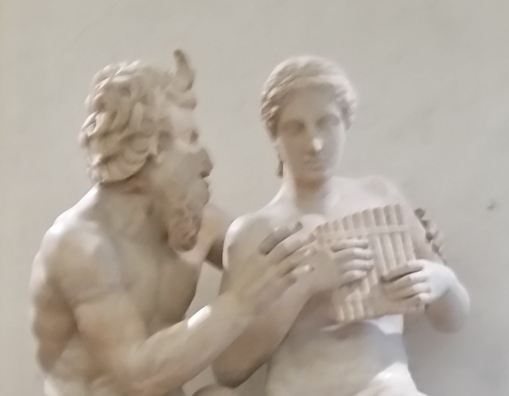Making sober judgements, as Paul
asks us to do, is based on God’s priorities and not humanity’s priorities. It is not easy either. We don’t want to burden ourselves with
difficult decisions that are logical, because there don’t seem to be any simple
or straightforward decisions that are clear.
We look at global warming and agree that something must be done to lower
our emissions, yet many politicians still say it is a myth. Other folks may admit that climate change is
real after watching the fire in Hawaii, but then they will say that there’s
nothing they can do about it, so let’s keep making profits while we still
can. That doesn't sound like a sober
judgement based on God’s priorities.
God’s priorities are to help
each other become the body of Christ, a healing community based on ministering
to one another. God’s priorities are
that we witness to the world that there are ways of being that do not build up
greed and selfishness at the expense of others. God’s priorities are communities
of faith that are humble, where everyone reflects on being a holy sacrifice to
God.
How hard it is to be humble, in
this world that rewards those who brag about being the best debaters, the most
likely to start a revolution, or those who amass the greatest fame and fortune
in the shortest amount of time. Jesus
knew that struggle, I think, when he turned to the disciples and said, “Okay,
give me the scoop. What’s the gossip
about me?”
Jesus knew that he had disturbed
the powerful leaders enough that he needed a vacation from Jerusalem. A few chapters back, Herod had chopped off
the head of John the Baptist, so Jesus knew it was time to get out of
Dodge. And he was in Caesarea Philippi,
a Roman town dedicated to the God Pan. Sculptures
like this one found in Pompeii, were scattered all through the town. Pan, goat hooves and all, was shown teaching
youth the pan pipes and inspiring panic in those he disliked. And yes, panic, the very opposite of sober
judgements, was named after this deity. Idols
like this were challenging for his followers who followed a God that was never
limited to a stone image. Having a
conversation about Jesus’ reputation in front of these sculptures would have
had the disciples thinking about how different their faith was from the Romans
who had invaded their country.
Peter got it. The contrast between Jesus who was prepared
to sacrifice his very life, who preached compassion and justice to everyone he
met, with Pan, would have been stark.
Pan represented the ultimate in conforming to the world, a
pleasure-seeking, powerful god who didn’t care about others unless they were
pretty. Contrast this to the tradition
that Peter and the others had grown up with, a God that is Holy Mystery, beyond
complete knowledge, and above perfect description, one that was always seeking
relationship. Not for God’s pleasure,
also unlike Pan, but to mend the broken and reconcile the estranged. God was seeking relationship to build a
society where orphans and widows were not forced to become homeless beggars,
where power was not imposed by swords and roadblocks but by respect and wisdom.
“Who do you say I am”, Jesus challenged, asking Peter to rise above the gossip
and come up with his own opinion.
The lightbulb went off in
Peter’s head! Rather than being
conformed to the world of Pan, Peter chose to align himself with his beloved
rabbi Jesus, who had so much integrity, so much wisdom, so much power that it
was like Peter was able to see God in him.
To Peter in that moment, Jesus was full of the promise of what human
beings should be like if they were fully transformed into something that was
perfect love. Wow.
Who is Jesus in our lives? Some of us may feel that he was a good
teacher, and that’s true, and if you do, keep learning from his teachings. The teachings are powerful, maybe even a
little dangerous, and they will challenge you to continue to learn. Some of us may feel he was a prophet, able to
read the signs of the times and the culture of the people he met in ways that
surprised those who met him. Excellent,
keep looking at the ways he reads our times even today. Some may think he was a radical organizer,
and he certainly was that, speaking truth to power with tremendous courage
regardless of the personal cost he might experience. And some might experience a sense of profound
mystery and wonder when they reflect on who Jesus was.
Regardless of where we are in
our understanding with Jesus, we are called to reflect on him. Who is Jesus to me? Who is Jesus to you? That changes as we grow in our faith and is
key to when someone asks us why we go to church. Hopefully, Jesus models the kind of
principle-centered human we want to be.
When Jesus is our role model, we can weather the storms of life as a
community in ways that build resiliency and hope for ourselves and also all who
know us. It is our witness to the
courage our faith gives us, and courage and hope is something the world needs
now more than ever. Let us reject the
Pan god and the panic that he inspires, and embrace the sober, loving judgement
that Paul, Peter and Jesus used to change the lives of many people around the
world. Amen.




